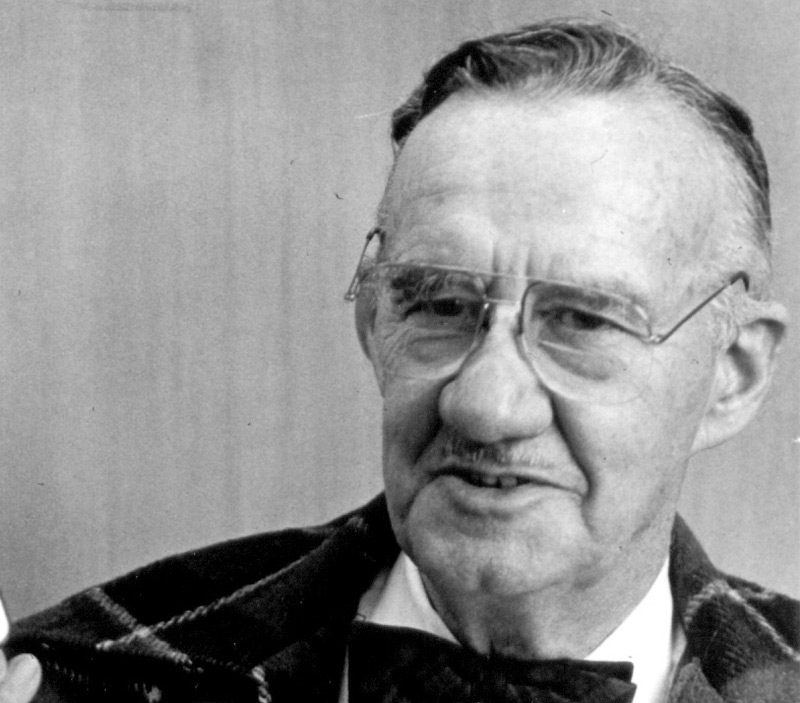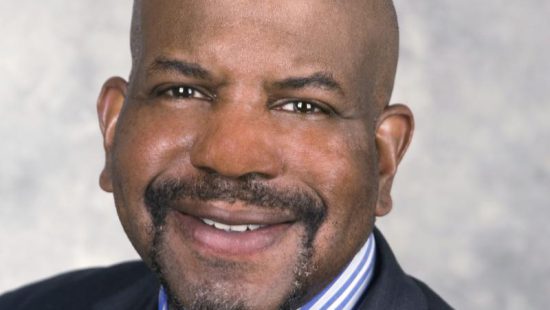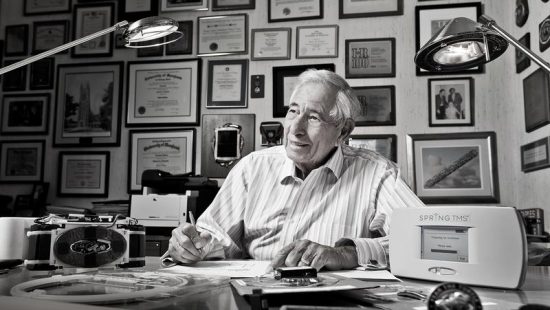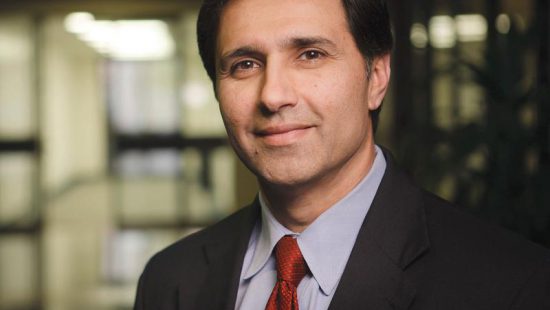Electrical engineer Wilson Greatbatch was working on the animal behavior farm at Cornell University. While he was building an oscillator to record heart sounds, he accidentally installed a resistor into the unit.
This fortunate accident caused the unit to give off an electrical impulse that pulsed for 1.8 milliseconds then stopped for 1 second and repeated—a rhythm that exactly mimics the human heart. Greatbatch spent two years refining the device into what ultimately became the world’s first implantable pacemaker.
“I seriously doubt if anything I ever do will ever give me the elation I felt that day when my own two cubic inch piece of electronic design controlled a living heart,” Mr. Greatbatch wrote in a diary after his discovery.
As pacemakers improved, Greatbatch grew increasingly frustrated with the limitations of battery technology. In the early 1970s, he began manufacturing lithium batteries, which allow pacemakers to run for more than 10 years. As a lifelong inventor, Greatbatch held over 300 patents and his inventions have saved millions of lives.
By Jen Santisi







